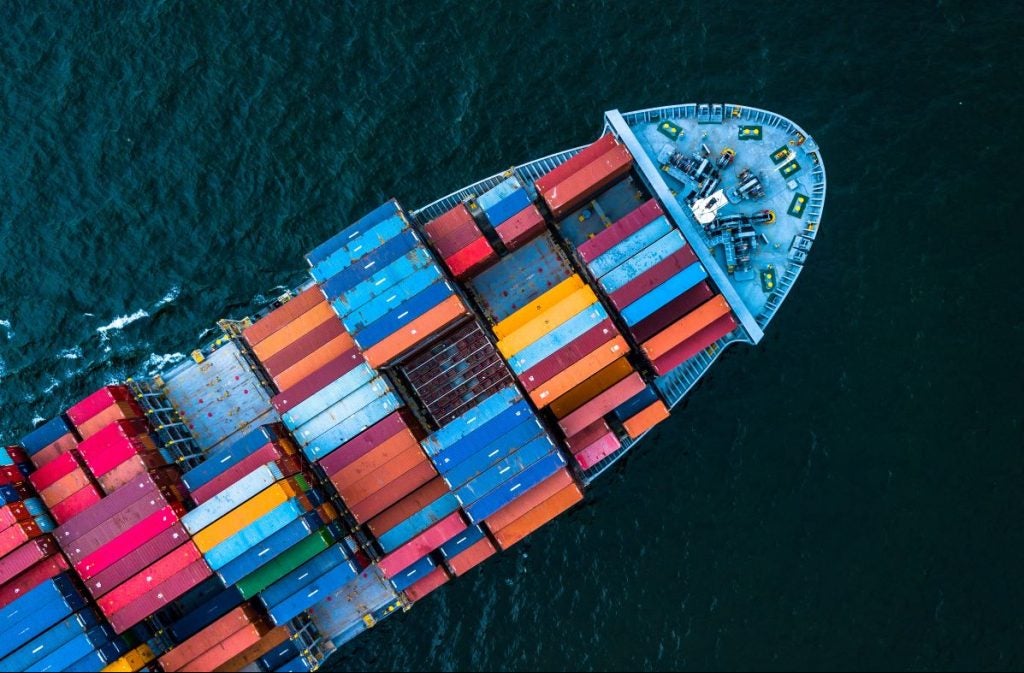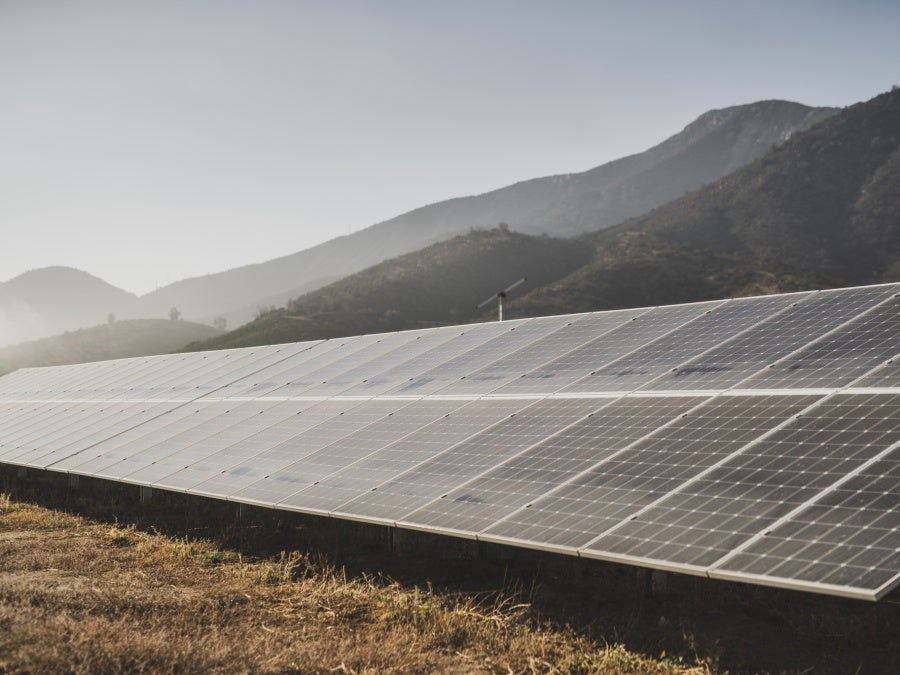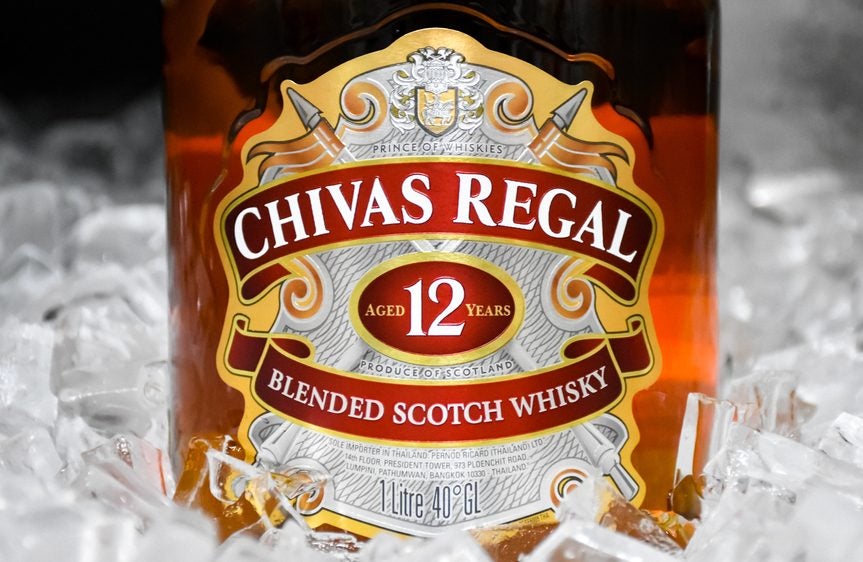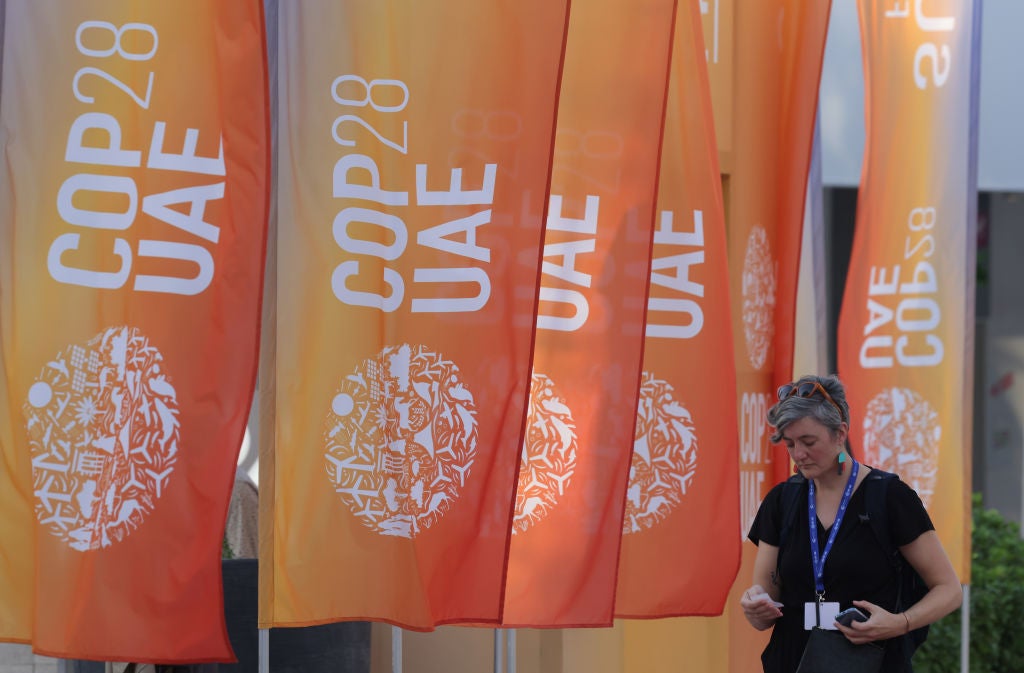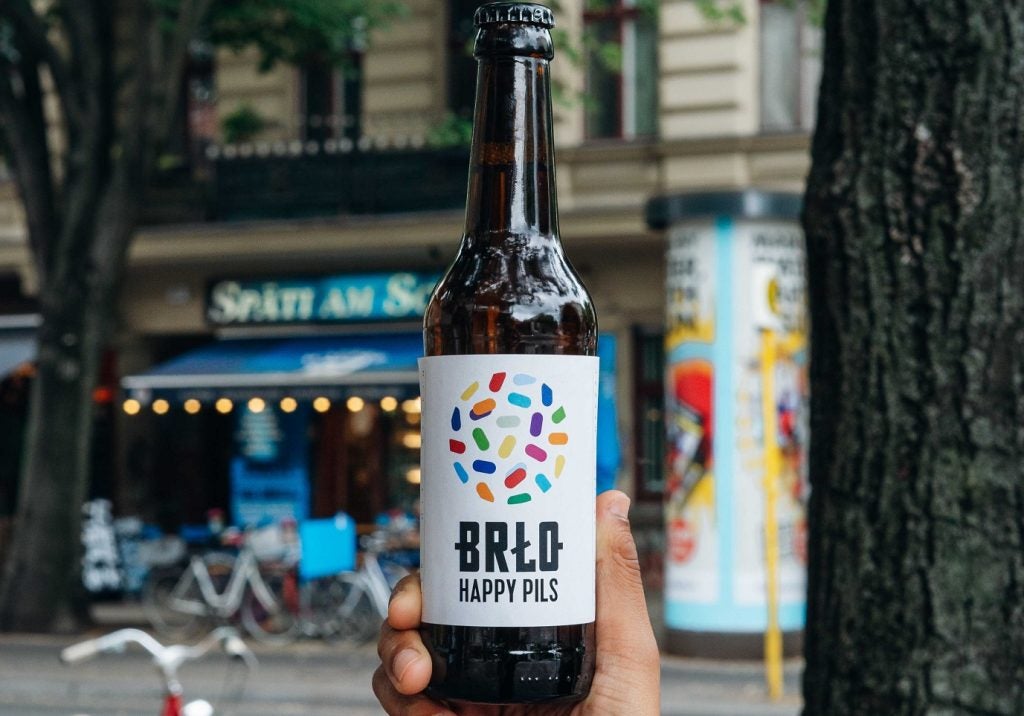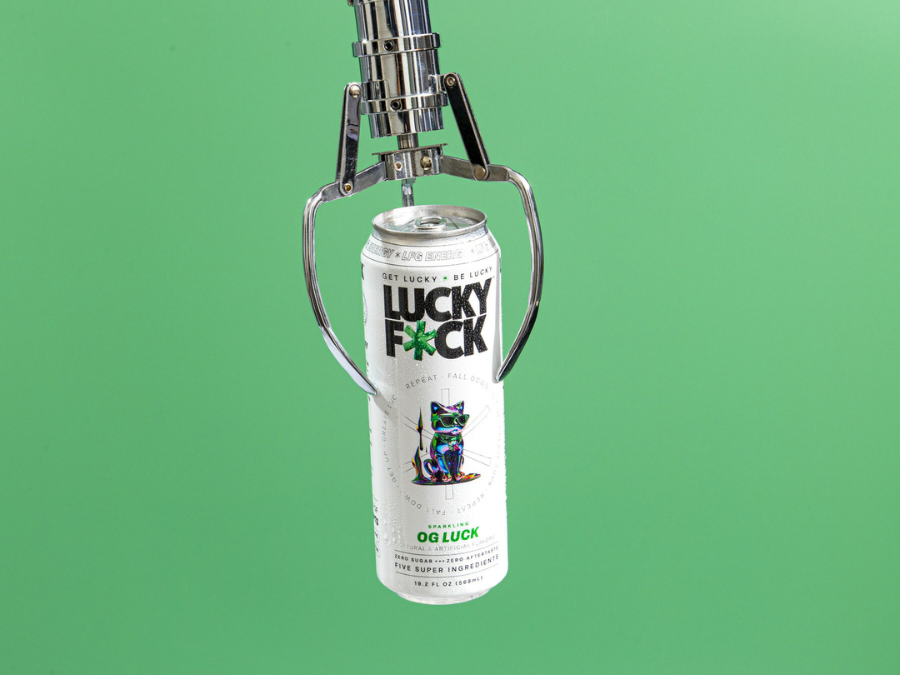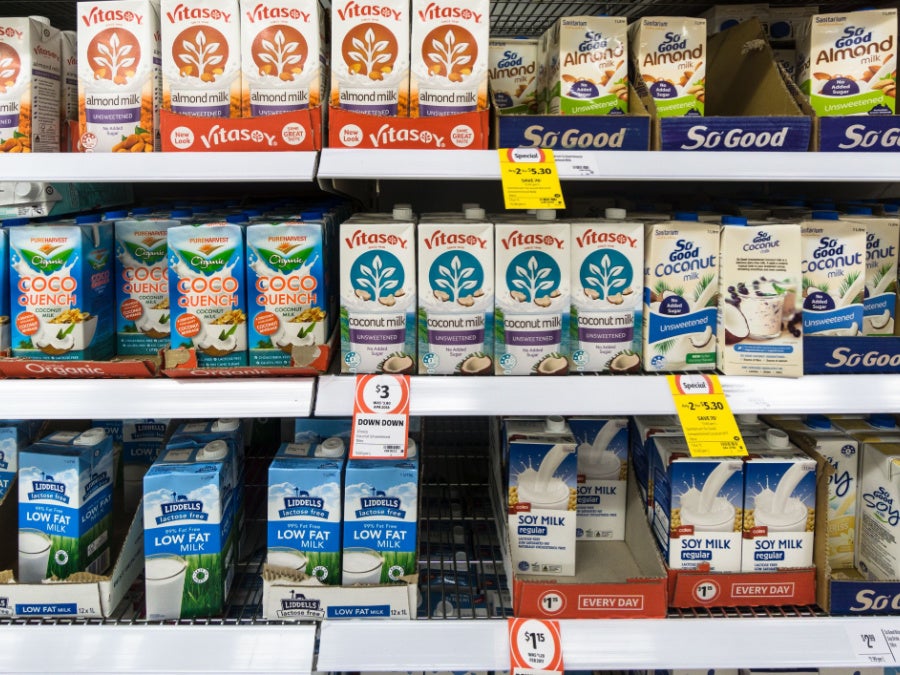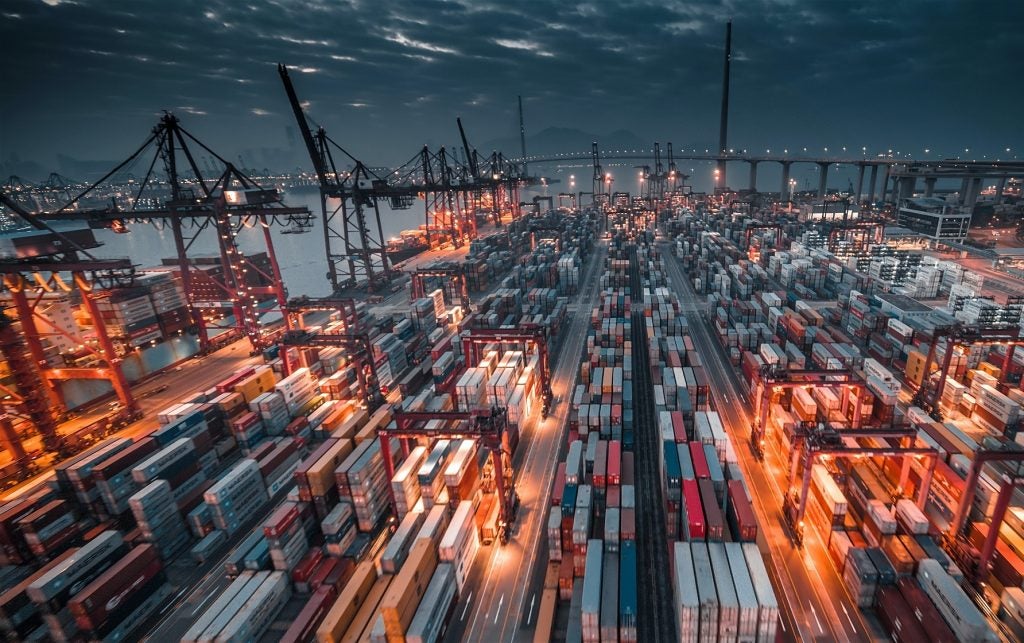Nestlé has revealed plans to adopt “lower carbon alternatives” for half of its “global shipping needs”.
The Swiss coffee and bottled water supplier has signed an agreement with three of the largest ocean transportation groups to meet the target: Hapag-Lloyd, Maersk and CMA CGM.
Nestlé said it will make the change by shifting to cargo ships that run off fuels made from ingredients that would otherwise go to waste, like cooking oil.
The swap is to take place with immediate effect.
Such a move, the company said, will help cut down its shipping-related greenhouse gas emissions by 200,000 metric tonnes of carbon dioxide equivalent.
The group added that the agreement could help it avoid using some 500,000 barrels of crude oil for its shipping.
"Reaching net zero requires changing many aspects of how we source, make, and distribute our products," said Stephanie Hart, executive vice president and head of operations at Nestlé.
"The agreements we've signed with our shipping partners will help us cut emissions and immediately reduce our carbon footprint. We know this is an interim solution and continue to encourage the development of longer term decarbonization solutions in shipping and distribution."
With the agreement starting straightaway, it will cover half of Nestlé's shipping volume moved for 2023. The group said: "It means that the shipping companies will use alternative fuels to move an equivalent amount of tonnage in their operations this year."
The deal also has the potential to be extended through 2024 "and beyond", though it is unclear as and when a decision around its extension might be made.
Johan Sigsgaard, executive vice president and chief product officer, Ocean of A.P. Moller at Maersk, said Nestlé would be using the "very low GHG emission solution for 100% of [its] ocean cargo with Maersk."
Speaking in a statement, Christine Cabau Woehrel, executive vice president of group assets and operations at CMA CGM, added: "We are very proud and happy to have set this agreement with Nestlé, one of the first of its kind, whereby shippers and beneficial cargo owners (BCO) commit to decarbonize the globality of the scope 3 shipping emissions.
"This initiative proves that there are some existing solutions to decarbonize scope 3 of BCOs. These constructive solutions are already available with CMA CGM to accelerate on this path."
Shipping and logistics contribute a small amount to the conglomerate's overall carbon footprint.
In the group's 2022 Creating Shared Value and Sustainability report, Benjamin Ware, head of climate change and sustainable sourcing at Nestlé noted that the majority of emissions come from sourcing raw materials for products such as dairy, cocoa, coffee, meat and palm oil.
Nestlé first released details on its net-zero strategy in December 2020, following its commitment to eliminating carbon emissions by 2050 the previous year.
The group aims to hit 20% reduction in emissions by 2025 and a 50% reduction by 2030.
It also plans to invest CHF3.2bn ($3.66bn) over the next five years on a range of areas including the acceleration of regenerative agriculture within its supply base and adopting 100% renewable electricity by 2025.
According to its 2022 annual review, the company has so far reduced its carbon emissions by 6.4 million tonnes to 93.3mt.


